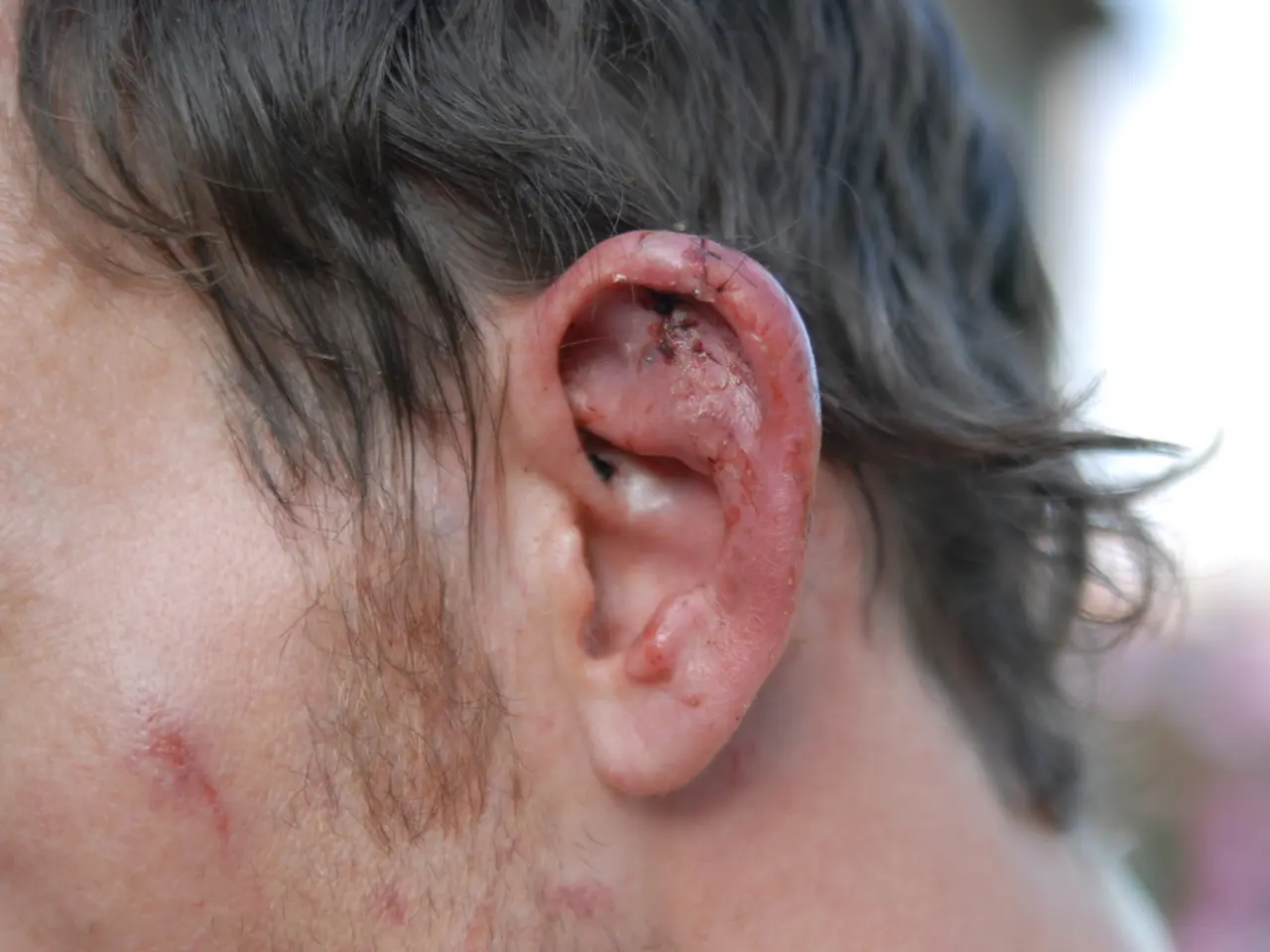Investigating the Impact of HCG on Testosterone Production
In the realm of male health, HCG (human chorionic gonadotropin) and testosterone play a significant role, particularly in addressing issues related to low testosterone levels.
HCG, a hormone produced during pregnancy, is also used to treat certain medical conditions in both men and women. In men, HCG stimulates the production of testosterone in the testes, a crucial hormone for male health. This natural production is beneficial, as many men turn to testosterone replacement therapy (TRT) to alleviate symptoms such as low energy, reduced libido, and erectile dysfunction.
However, HCG can be a better option than TRT because it stimulates the natural production of testosterone. When combined with TRT, HCG helps preserve fertility and testicular size, which TRT can potentially suppress due to its reduction of LH. This combination supports improved sexual desire, better hormonal balance, and maintenance of fertility without the testicular shrinkage typically caused by TRT alone.
Testosterone, primarily produced in the testes, regulates key aspects of male health such as sex drive, energy, mood, bone health, and metabolism. TRT is often prescribed for men diagnosed with low testosterone (hypogonadism) to restore healthy systemic testosterone levels.
By combining HCG with TRT, men can benefit from both systemic testosterone restoration and preservation of natural testicular function and fertility. This approach supports improved sexual health and hormonal function, with a more natural and sustainable increase in testosterone levels compared to TRT alone.
It is important to note that HCG should not be used as a long-term solution for low testosterone, but as a short-term treatment to jumpstart natural testosterone production. High doses of HCG can potentially lead to an increased risk of prostate cancer.
After using HCG, other methods such as dietary changes, exercise, and supplements can be used to maintain healthy testosterone levels. It is crucial that HCG is only used under the guidance and supervision of a qualified medical professional to ensure safe and effective treatment.
Misuse of HCG can have negative side effects such as acne, hair loss, and mood swings. Understanding the relationship between HCG and testosterone can help men take control of their health and optimize their overall wellbeing.
Sources:
- [1] https://www.excelmale.com/threads/behavioral-effects-of-neurosteroids-stimulated-by-hcg-in-men-on-trt.32736/
- [2] https://www.hims.com/guides/testosterone-replacement-therapy
- [3] https://honehealth.com/edge/symptoms-of-low-testosterone-in-men/
Science and health-and-wellness industries have recognized the importance of HCG (human chorionic gonadotropin) in men's health, particularly in relation to testosterone production and its role in addressing low testosterone levels. HCG therapies and treatments can stimulate testosterone production in men, serving as a natural alternative or augmentation to testosterone replacement therapy (TRT) in maintaining hormonal balance, sexual desire, and fertility.




